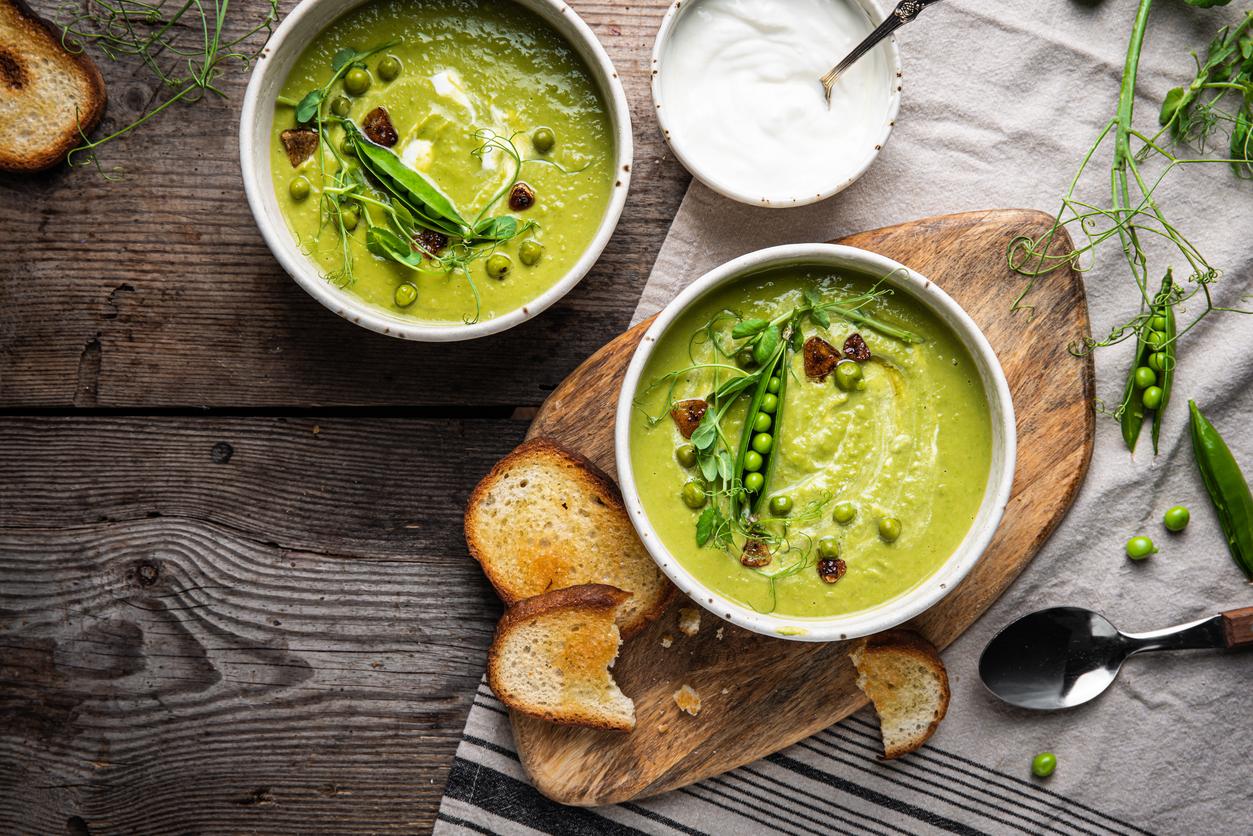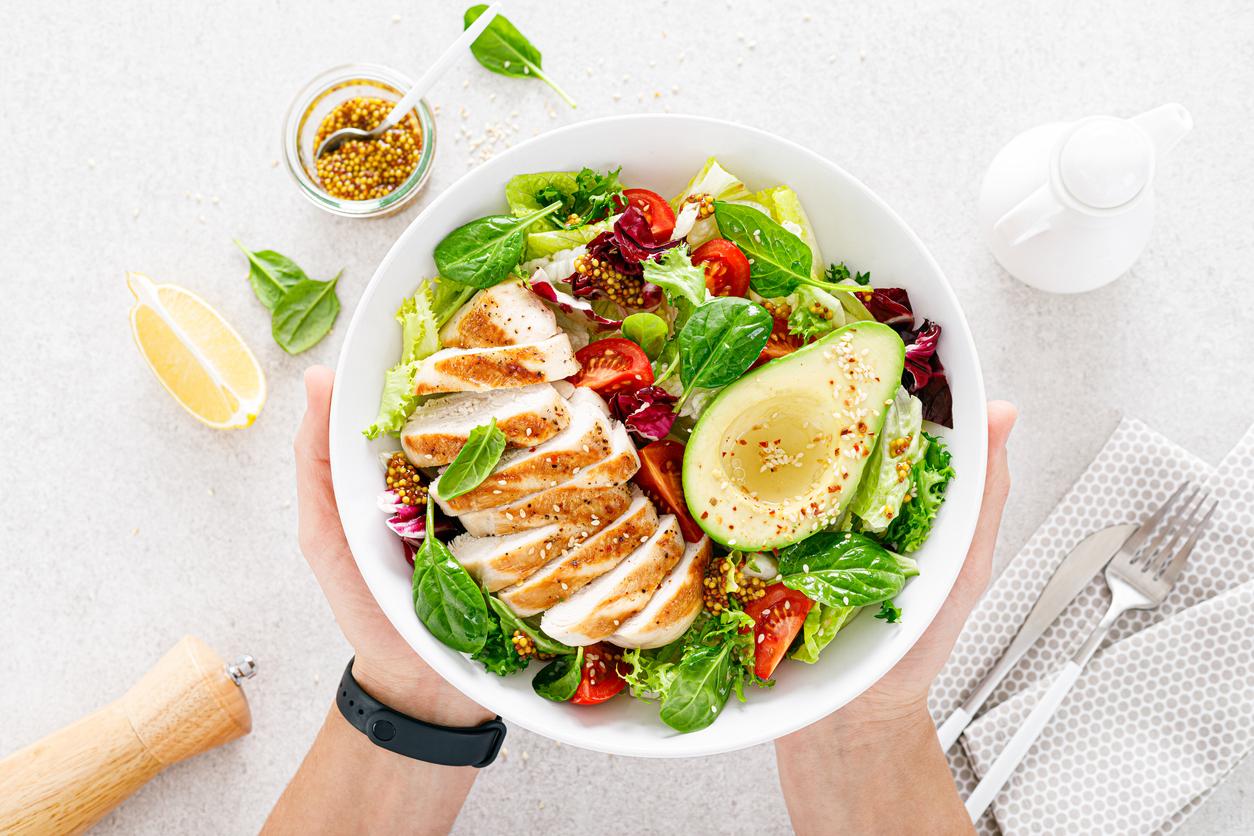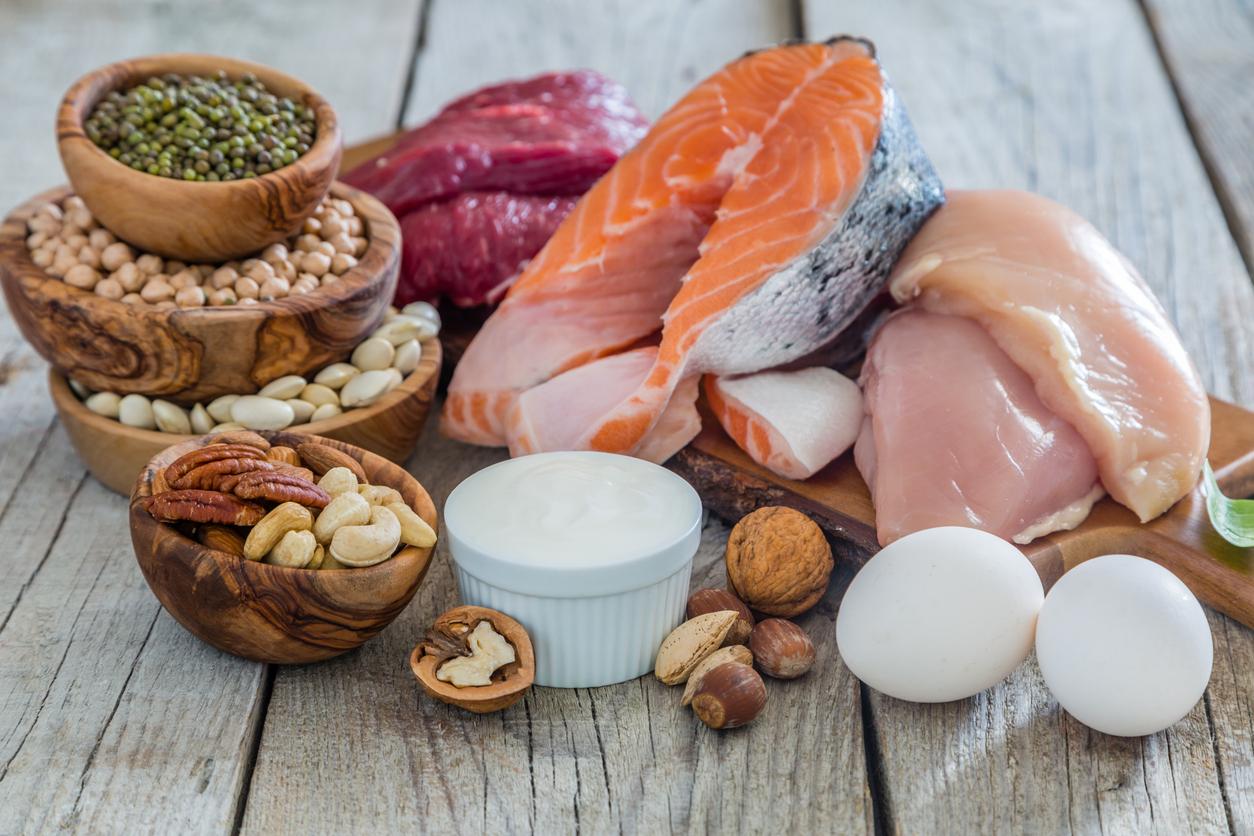Is the idea that we unconsciously adapt our diet to fill up with necessary nutrients justified?

- The concept of “nutritional intelligence” implies that human beings innately choose foods based on their beneficial effects.
- 3 billion people cannot afford a healthy diet according to the WHO.
Do you crave dark chocolate or bananas when you’re low on magnesium? Or orange juice when you’re low on vitamin C? In other words, do our daily food cravings reflect our lacks and needs of essential vitamins and minerals?
It is on this question that Professor Jeff Brunstrom, of the University of Bristol, and the Canadian journalist and author Mark Schatzker have looked, who publish their results in the journal Appetite.
Since the 1930s
The instinct of animals makes them more attracted to certain flavors than others and pushes them to adjust their food to their nutritional needs. But for the moment, concerning Man, it is a subject on which the different schools of thought do not agree. Indeed, the concept of nutritional “wisdom” or “intelligence” is controversial: a study conducted in the 1930s by Dr. Clara Davis went in this direction but did not provide sufficient evidence.
In this study, newborn infants, who did not have access to healthy food at home, were able to freely choose from more than 30 foods in a lab for an extended period of time. Davis found that children instinctively choose a nutrient-dense diet. An enticing fact but “we don’t really know what happened“, Jeff Brunstrom told the BBC. “Perhaps the children were exposed to a large number of healthy foods and that was enough.”
“A small effect, but reliable”
Intrigued by this experiment, Brunstrom and Schatzker used hypothetical choices to their first study. “We showed people pictures of fruits and vegetables in different combinations and then asked them to choose the combination [pour laquelle ils opteraient].“
Each combination offered an array of micronutrients, some more complete than others. But the average person wouldn’t know which combination is best. Would people in the study choose the combinations that provide the most micronutrients? “To my amazement, the first study we did showed that was the case. Now it’s a small effect, but it was a reliable effect.“
Adjust quantity
The duo also looked at data provided by the National Food and Nutrition Survey (NDNS) for another study. On this occasion, Brunstrom and Schatzker discovered that there was again a link between the preferred combinations of foods and their nutritional value. Would common combinations provide a better balance of micronutrients than a random combination? “Yes“, answers Brunstrom, “there was a small but significant effect“.
Moreover, while for years the idea defended was that humans were unconsciously consuming high-calorie meals, it appears that this is not the case thanks to another study published on April 30, 2022 in The American Journal of Clinical Nutrition and in which Jeff Brunstrom also participated. “Remarkably, this study indicates a degree of nutritional intelligence, by which humans manage to adjust the amount they consume when choosing energy-dense options.” comments Annika Flynn, co-author of the study.
















